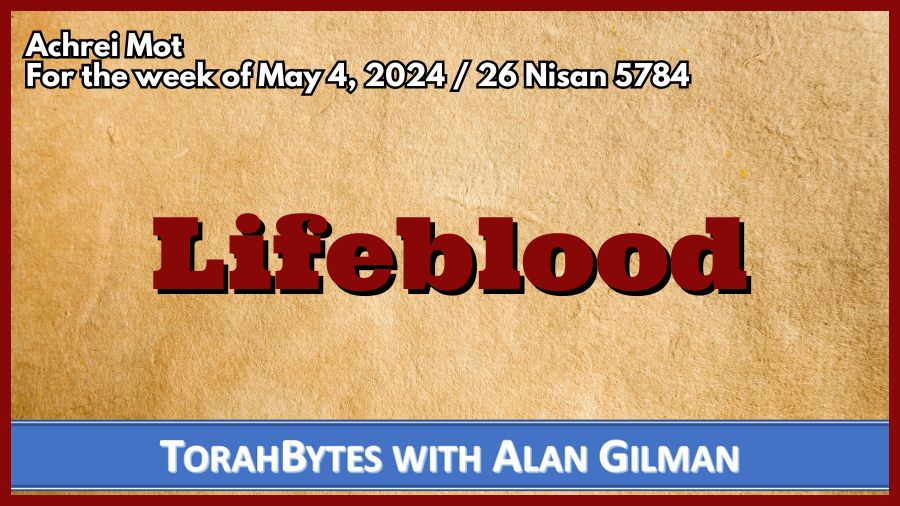For the week of June 1, 2024 / 24 Iyar 5784

Bechukotai
Torah: Vayikra/Leviticus 26:3 – 27:34
Haftarah: Jeremiah 16:19 – 17:14
Thus says the LORD: “Cursed is the man who trusts in man and makes flesh his strength, whose heart turns away from the LORD. (Jeremiah 17:5)
This week’s parsha (weekly Torah reading portion) includes one of the sections of the Torah that contrasts the benefits of obedience with the consequences of disobedience. The Haftarah (supplemental reading from the Hebrew Prophets) taken from Jeremiah sums up the latter this way: “Cursed is the man who trusts in man and makes flesh his strength, whose heart turns away from the LORD” (Jeremiah 17:5). The Hebrew word translated “trust” here is batach and contains the idea of finding security or confidence in someone or something. God through Jeremiah warns against finding security or confidence in human beings.
But aren’t we supposed to trust others? Shouldn’t little children learn to trust their parents? Picture a parent in a swimming pool coaxing their child to jump in: “Don’t worry Jonny! Mommy will catch you.” Through this simple, if not frightening, act of trust, children learn that others, especially adults, can be trusted. And that’s what most of us learn to do. Could you imagine the alternative? “Did you know that human beings designed and built that bridge? I wouldn’t try going over it if I were you!” Or “I am not taking those pills. I think my doctor wants to kill me!”
Sure, these are extreme, fanciful examples, but perhaps you have been seriously let down by others. I often wonder what happened to that person I gave wrong directions to. I honestly didn’t do it on purpose. But what if they think I did? Maybe you have been the victim of intentional misinformation or other ways we humans can purposely let each other down.
This may be more complicated than I first thought. Jeremiah provides a serious warning against finding security in people. Yet, I am sure that he knows that most of the time most people can be trusted. We should note, however, that he was living in a very dark time in Israel’s history, where human selfishness likely saturated the society. Perhaps not too different from today. Be that as it may, what he says doesn’t sound time-limited, but more of a generalized statement.
It comes down to how in the course of a day, we normally trust people (I don’t think that someone who holds a door open for me is going to then trip me). But, at the same time, humans are not ultimately dependable. Perhaps that is what God is communicating through his prophet. According to Jeremiah, the person who is cursed here is one “whose heart turns away from the Lord.” Someone whose heart is entuned to God can effectively navigate the world in which they live. Their confidence isn’t ultimately in others, but in the Master of the Universe. He is their ultimate guide, protector, and provider. Their interactions with others exist within the security of a loving heavenly Father.
Even the best-intentioned and most capable human beings are not completely dependable. A wise, informed person learns how to engage such a world. But if humans are the ultimate source of security we have or if we treat them as such, we are in big trouble. To be cursed is to be sapped of life, which is exactly what happens when human beings take the place of God in our lives. Again, that doesn’t mean we are not to trust others at all. In fact, it is only when we find security in God that our relationship with our fellow human beings can truly flourish.
Scriptures taken from the English Standard Version


